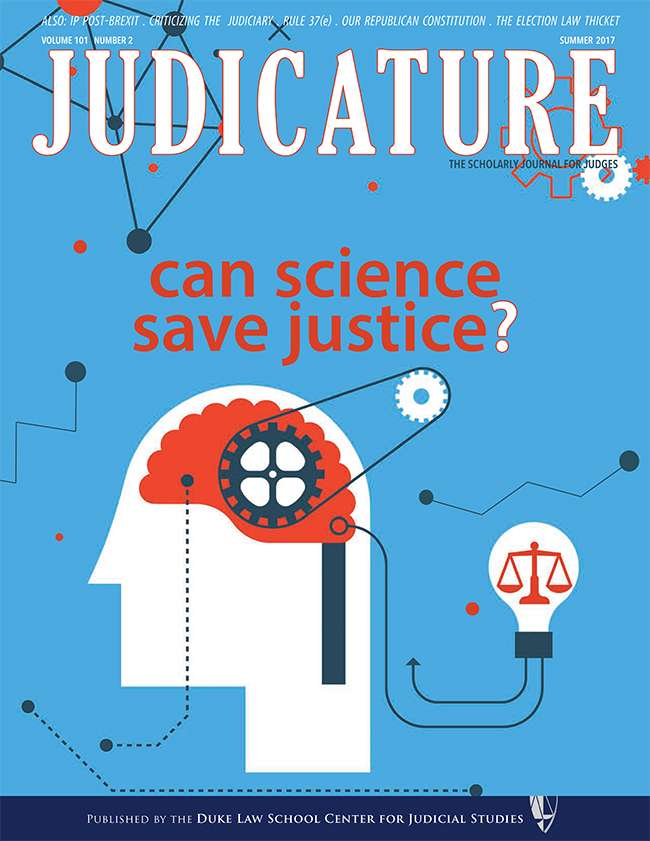
Click here to download this edition as a PDF.
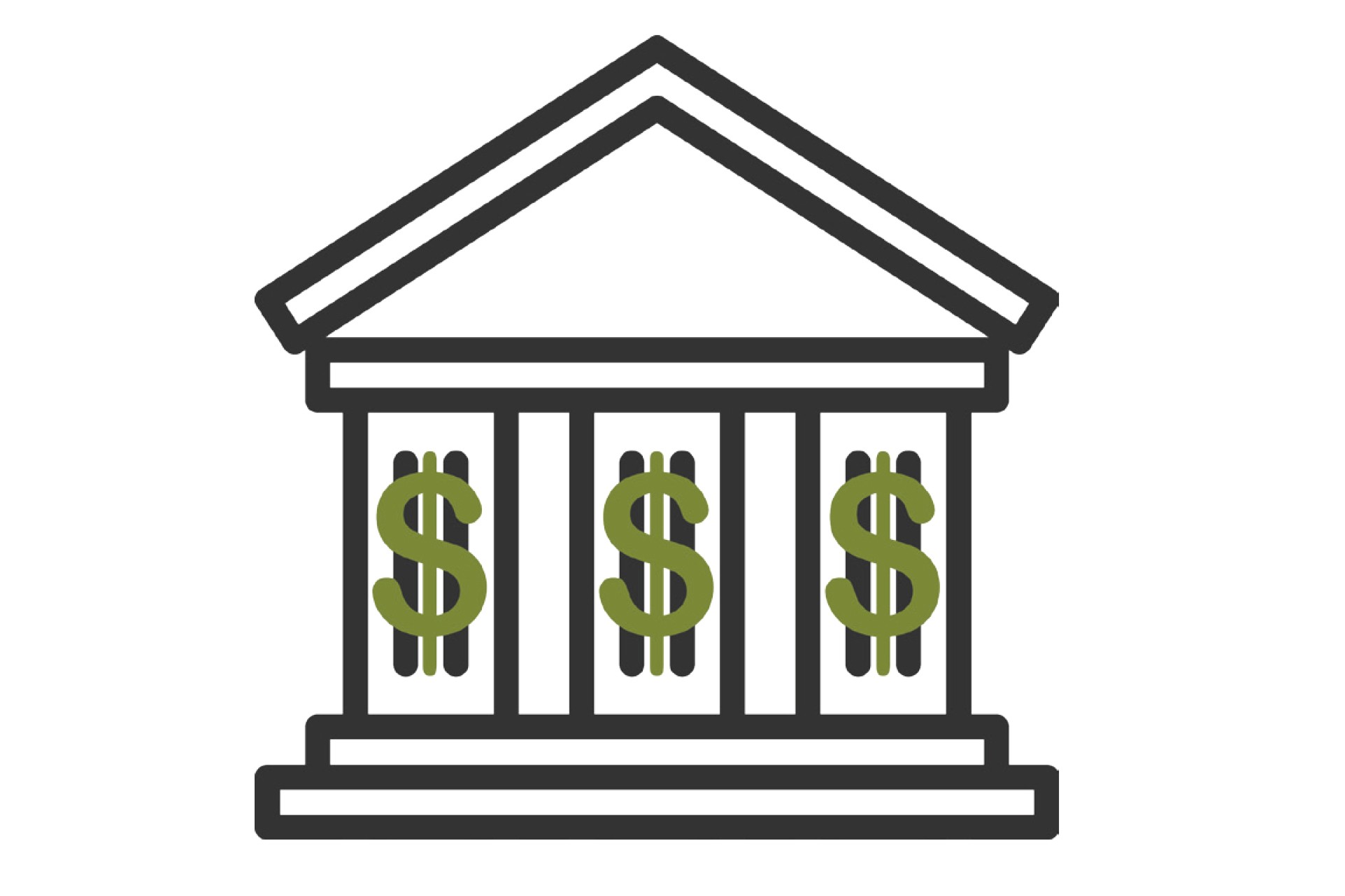
by Cynthia Gray
Vol. 101 No. 2 (2017) | Can science save justice?In the roundtable discussion “Money or Justice? How Fees and Fines Have Contributed to Deep Distrust of the Courts — And What Chief Judges Are Doing About It” (from the […]
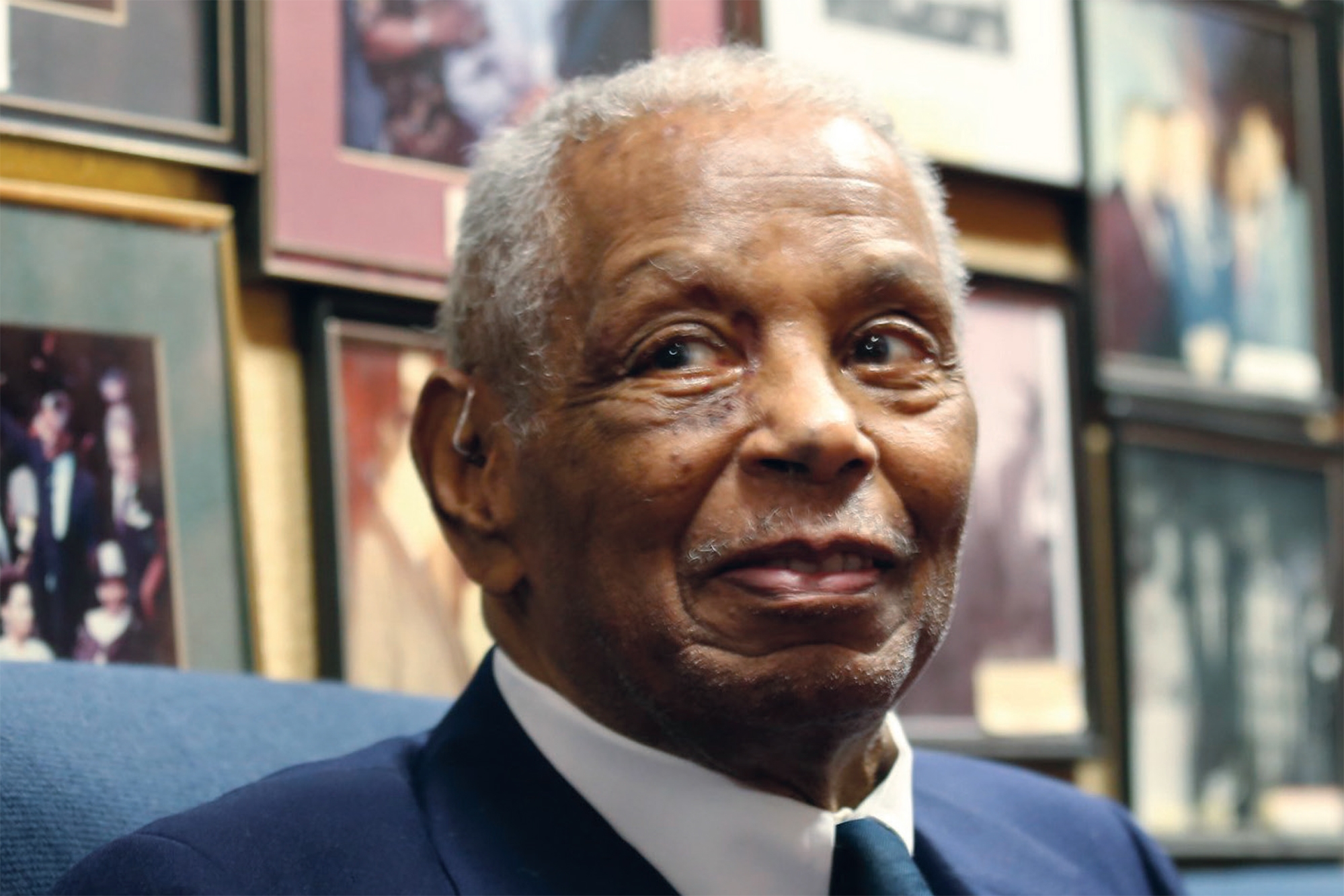
by Bernice B. Donald
Vol. 101 No. 2 (2017) | Can science save justice?Judge Damon J. Keith is a Senior Judge on the United States Court of Appeals for the Sixth Circuit. Nominated by President Jimmy Carter in 1977, Judge Keith has served […]
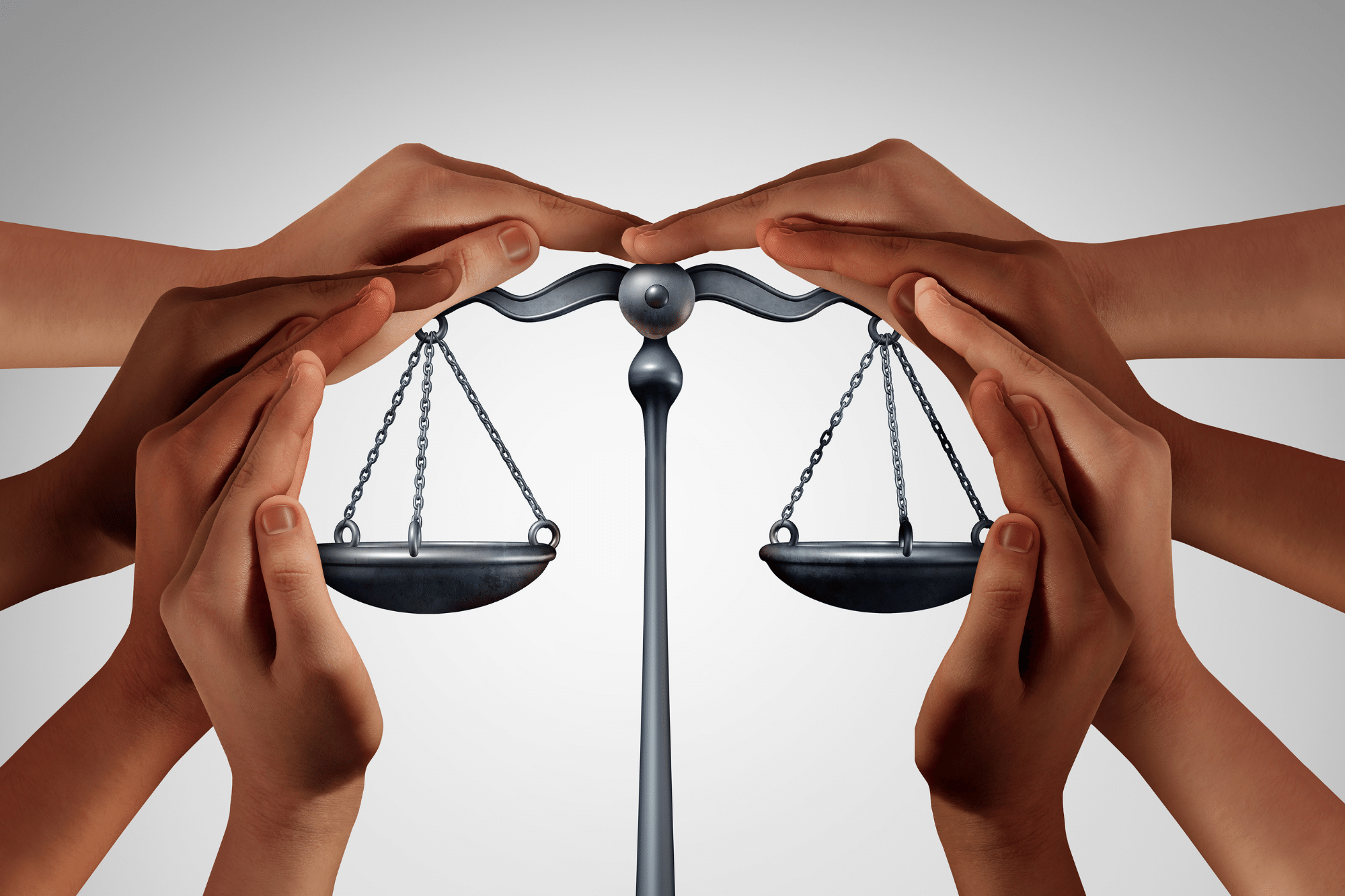
by John K. Rabiej
Vol. 101 No. 2 (2017) | Can science save justice?Results of a recent empirical study dealing with plaintiff steering and other MDL committees paint a lopsided picture of white male-dominated judicial appointments. Findings from 2011 to 2016 show a […]

by George Socha
Vol. 101 No. 2 (2017) | Can science save justice?The legal technology press is replete with articles touting the advantages of Technology Assisted Review (TAR), mostly as a way to streamline the review of electronically stored information (ESI) and […]

by Joseph Kimble
Vol. 101 No. 2 (2017) | Can science save justice?Start strong. Our writing guru, Joseph Kimble, breaks down an opinion’s first paragraph to show a better way. Original Pending before the Court is a letter motion by plaintiff Amy […]

by Adam Benforado
Vol. 101 No. 2 (2017) | Can science save justice?“Know thyself.” Inscribed on the Temple of Apollo at Delphi, and echoed down the halls of time by Plato, Pope, Franklin, and Emerson, there may be no more fundamental maxim […]

by Thomas Y. Allman
Vol. 101 No. 2 (2017) | Can science save justice?AMENDED RULE 37(e) OF THE FEDERAL RULES OF CIVIL PROCEDURE (“RULE 37(e)”) BECAME EFFECTIVE ON DEC. 1, 2015. It emerged as a pithy and focused restatement of the best thinking […]
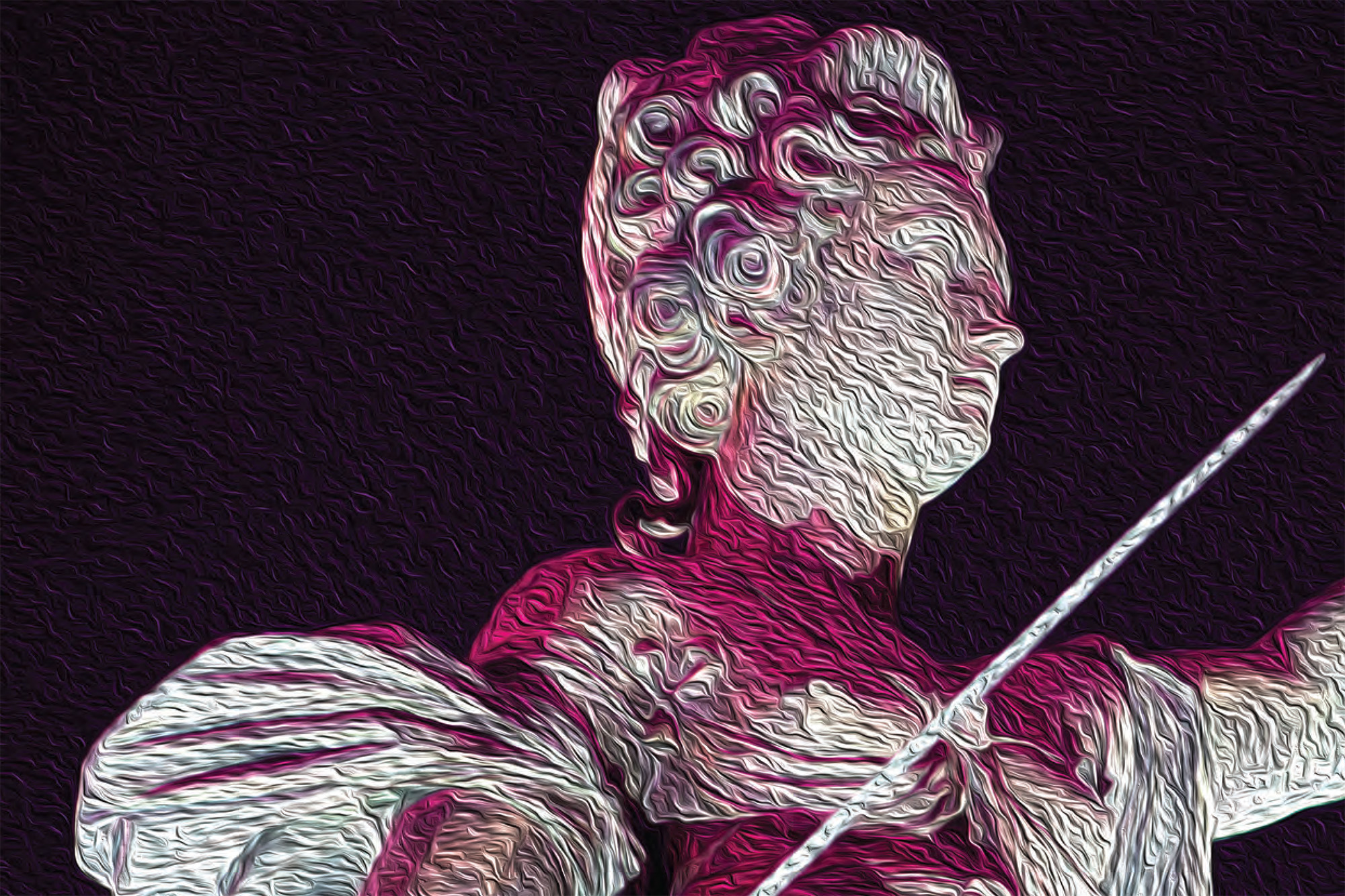
by Geert Corstens
Vol. 101 No. 2 (2017) | Can science save justice?Former Italian Prime Minister Silvio Berlusconi once described the judiciary as the “cancer of democracy.” This presumably had much to do with his personal situation of being accused several times […]
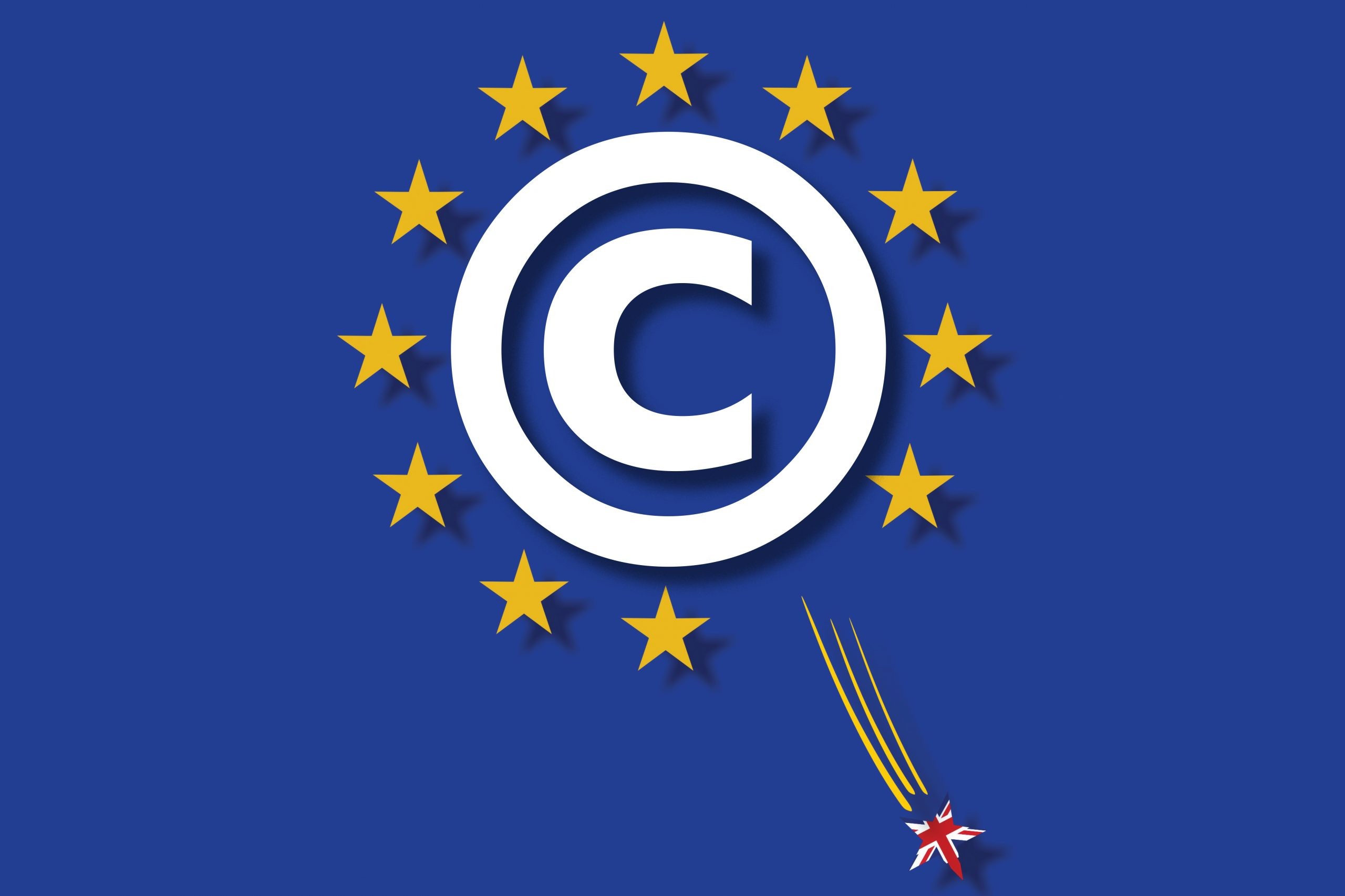
by Richard Arnold, Graeme Dinwoodie, Lionel Bently and Estelle Derclaye
Vol. 101 No. 2 (2017) | Can science save justice?FOUR EUROPEAN IP EXPERTS ASSESS THE LIKELY IMPACT of BREXIT on INTELLECTUAL PROPERTY RIGHTS in the UK AND EU — AND WHAT IT ALL MEANS for the UNITED STATES On […]
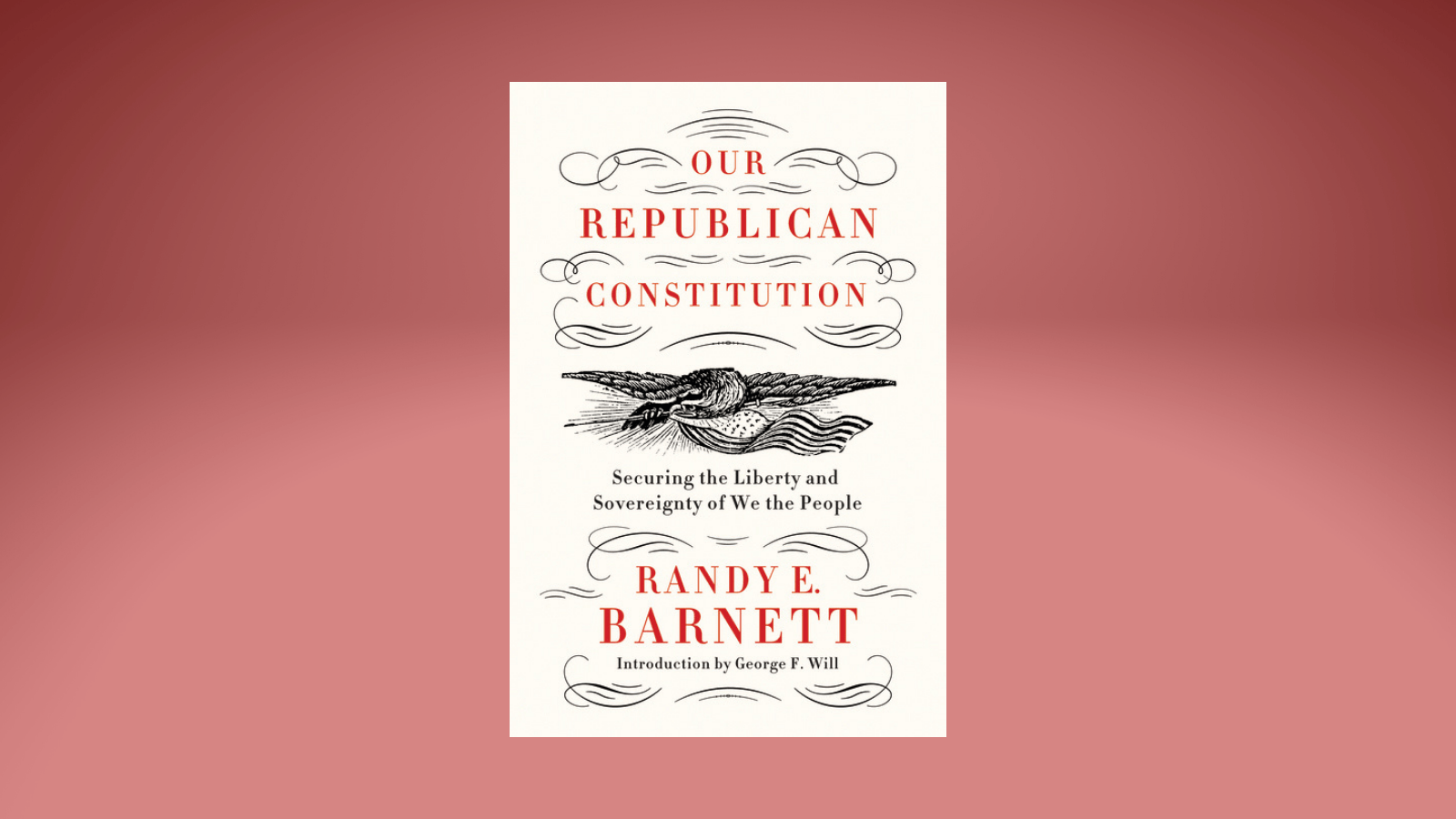
by Glenn Harlan Reynolds
Vol. 101 No. 2 (2017) | Can science save justice?On February 22, The Washington Post added a sub-banner to its front page. Beneath the words “Washington Post” was the phrase, “Democracy Dies In Darkness.” This generated a predictable degree […]

by Eric J. Segall and Erwin Chemerinsky
Vol. 101 No. 2 (2017) | Can science save justice?On Jan. 24, 2017, the United Kingdom’s Supreme Court issued its monumental decision concerning the fate of Brexit, a legal ruling with major implications for the people of England, Europe, […]
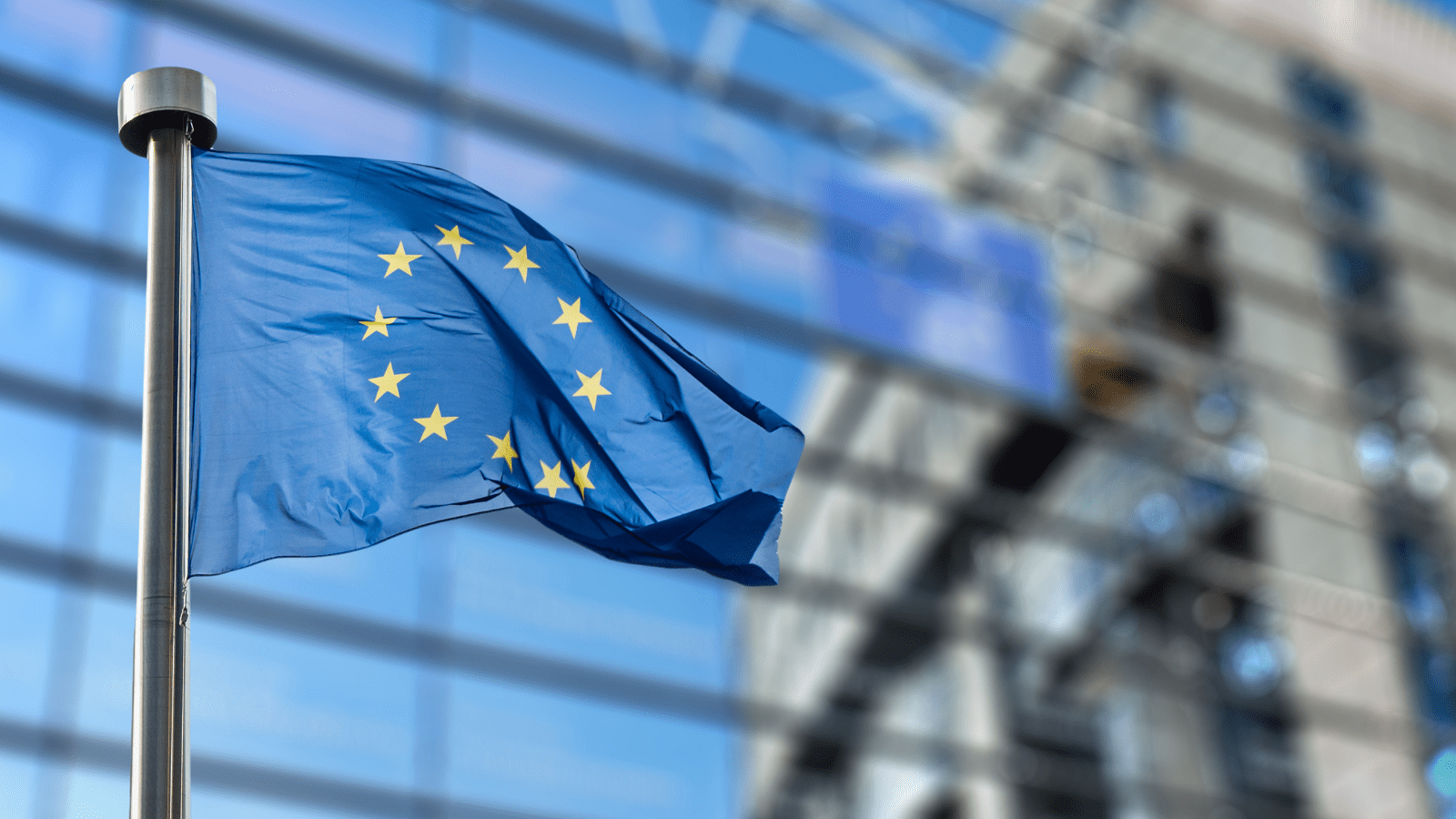
by Frederic Blockx
Vol. 101 No. 2 (2017) | Can science save justice?The President of the United States referred to a judge who ruled against the executive as a “so-called” judge. Both his most recent French colleagues called the judiciary “flavorless green […]